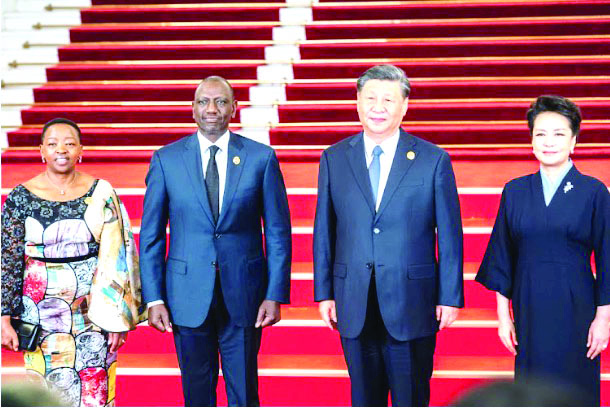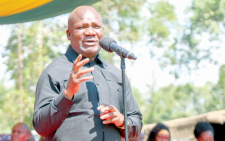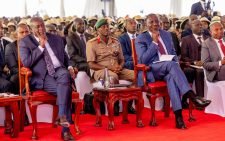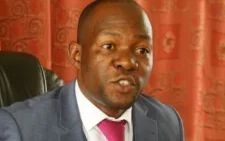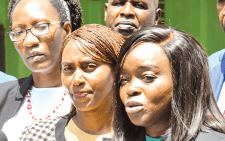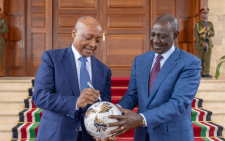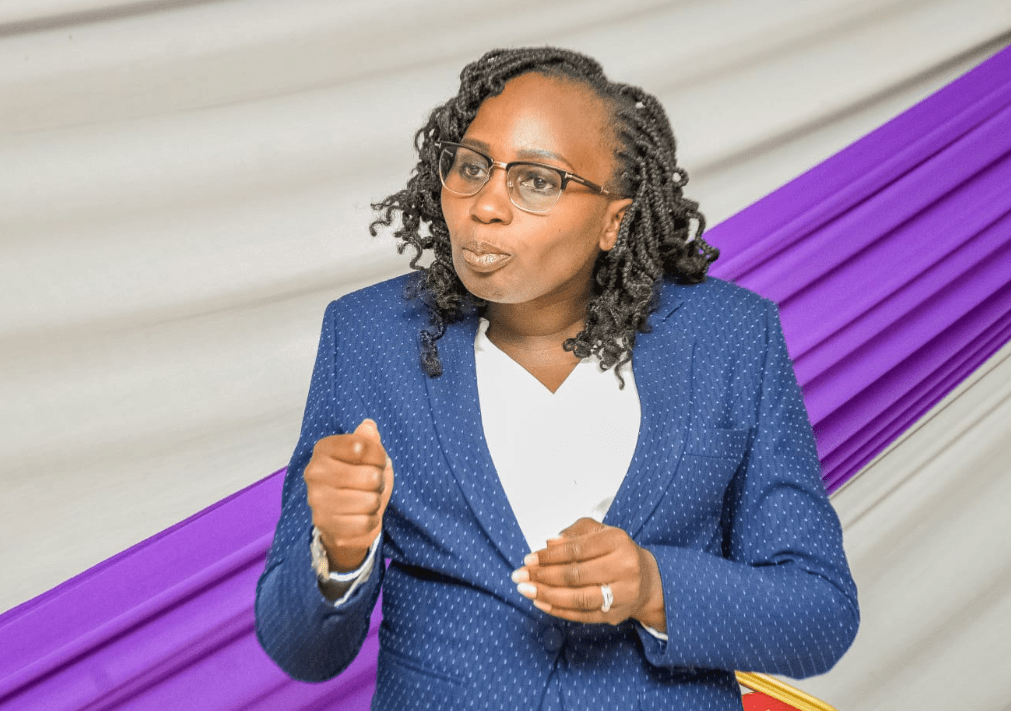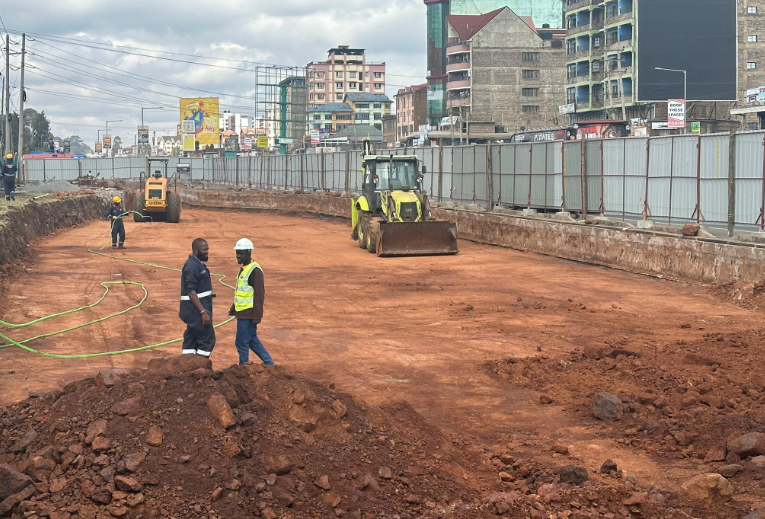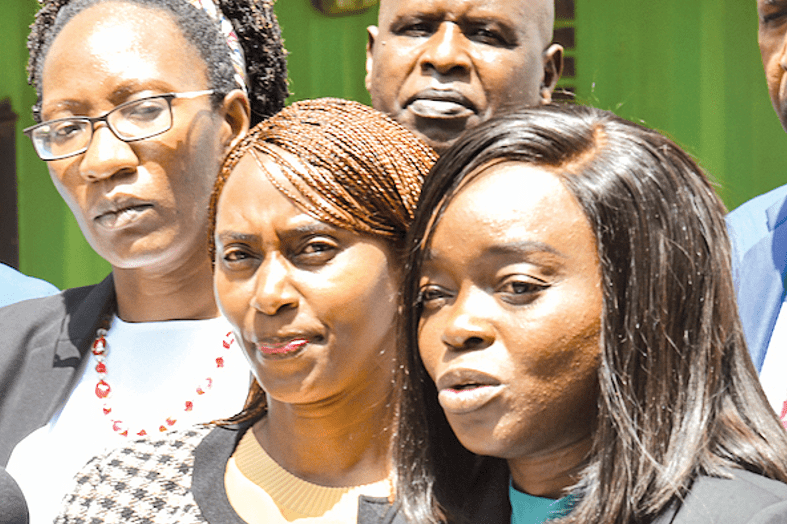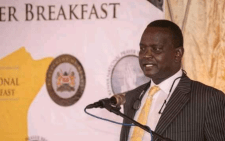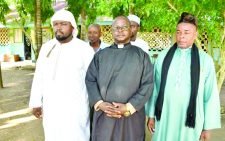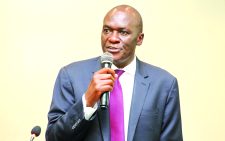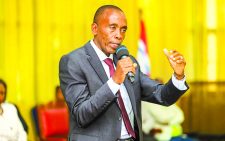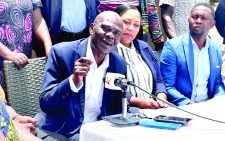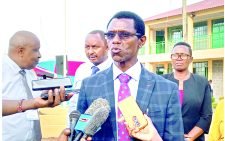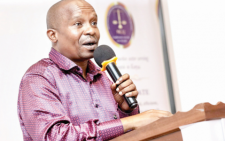As Chinese President Xi Jinping hosts his African counterparts next week for the ninth Forum on China–Africa Cooperation (FOCAC), they will reevaluate the implementation of the 2021 Senegal summit’s outcomes and decide on the next level of cooperation amid geopolitical tensions among the global ‘big players’.
This summit comes at a time when Africa finds itself amid a surge of such meetings, with almost everyone seeking the continent’s attention regarding political, technological, and economic hegemonies, among other matters. Thus, the Beijing meeting is not only important to China but also to Africa, as they aim to agree on the trajectory for future ties.
During the eighth FOCAC, China pledged to import products from the continent worth $300 billion (Sh3.8 trillion) over the next three years. Therefore, this year’s meeting in Beijing will provide an opportunity for leaders from both sides to take stock of whether this goal was achieved, identify any shortcomings, and discuss how they can be remedied.
Over the last 20 years, China has become Africa’s largest bilateral trading partner. Around 20 percent of the region’s exports now go to China, and about 16 percent of Africa’s imports come from China, according to the International Monetary Fund (IMF). This trade relationship amounted to a record $282 billion in total trade volume in 2023.
Despite China’s commitment to increasing its imports from the continent, most African countries still face a trade imbalance with China that needs to be addressed. However, the blame lies not with the Asian giant but with individual nations that have failed to take full advantage of FOCAC and the Belt and Road Initiative (BRI) to bridge the trade gap.
With the activation of the African Continental Free Trade Area, African leaders should capitalise on this and focus on negotiating as a collective, rather than the current approach where each country signs separate trade agreements with Beijing. This could help bridge the trade deficit.
Critics who are wary of Sino-African ties often promote a simplistic narrative that the relationship is one-sided. However, a review of available statistics shows that Beijing is committed to addressing the trade imbalance. In addition to pledging to import goods worth Sh3.8 trillion, during the 2021 FOCAC in Dakar, Senegal, China provided Sh1.2 trillion ($10 billion) to fast-track the continent’s agricultural exports to Beijing.
This gesture was a sign of goodwill from China, aimed at elevating its ties with Africa. Even before the ninth FOCAC, themed “Partnering to promote modernisation and build a high-level China-Africa community with shared future”, Beijing has already committed to fully supporting African countries in implementing the outcomes of the forum.
Last week, Vice Foreign Minister Chen Xiaodong stated that the summit will lay out new designs and formulate new blueprints for the future development of China-Africa relations. China expects the meeting to discuss major cooperation strategies, explore cooperative plans together, and strengthen exchanges on state governance.
This means African leaders have another opportunity to present their demands or requests to China and specify areas where they want China’s assistance. Beijing’s policy of responding to requests remains one of the fairest principles of bilateral relations.
Another reason this year’s China-Africa summit is special is that Beijing has consistently stood with the continent on numerous global issues. With Africa now demanding a special seat at the IMF, it would be crucial for the leaders to formally present this request to the Asian giant, especially since the summit’s think tanks endorsed the proposal earlier this year in Dar es Salaam.
For President William Ruto, FOCAC presents a valuable platform to advance his call for equity in the global financial system and to urge China, the world’s second-largest economic powerhouse, to support Africa’s push for a fair share in the international financial system. Ruto believes that the global financial system is rigged against African states.
— The writer is a journalist and communication consultant

